6 Gramma-Relationship Errors
We all want to be good grandmothers some day. And if we are already grandmothers, we want to get along with our grandchildren and bond with them in a healthy way.
Recently I read a post by Carol Tice of “Make a Living Writing” website. Carol wrote about grammar mistakes writers make that scream out “I am amatuer!” Then she listed the 7 fixes for these egregious errors of bloggers. I noted some of my own blog no-no’s featured in those pointers. Whether we are amateurs or not, we all make mistakes from time to time.
The trick is to learn from our mistakes.
Writing about writing is a current trend of bloggers who share advice on the blogosphere. Followers of said blogs are aspiring writers eager to soak up tips offered by experts and even non-experts.
Sharing, venting, and waxing philosophical about relationships are also popular blog themes. Readers of these posts seek insights into their own relationships in order to improve their lives, friendships, marriages and family situations.
Realizing that the two topics are popular, I have decided to compare the themes of Relationships to Writing. As Carol has listed many mistakes one can make in Grammar, I will list mistake made in Gramma-Relationships.
Gramma-Relationships refer to whatever mistakes we, Grandmothers, make in relationships.
Here are 6 Common Gramma-Relational Mistakes and how to avoid them:
1. Repetition: In spoken language as Grammas-,it is best to be succinct. As a frequent repeater of comments, both in the same conversation (extremely egregious), and from conversation to conversation (not as awful), this habit should be avoided. Eat lots of blueberries to boost your memory or do whatever it takes. But try not to repeat.
2. Cut that out: In our Gramma-relationships, as in grammar, it is important to use a filter. Know what to say and what not to say. Sometimes silence is best. And when in doubt, do without. So just as in writing, one is to cut out the extraneous material, same in speech with our daughters-in-law, sons-in-law and even grandchildren. Whatever you do, do not criticize.
3. Extra Prepositions: Do not end a sentence with a preposition and don’t overuse those annoying words either. For example, a terrible sentence for a Gramma to say:
Who in the world do you think you are going out WITH? (None of your business, Gramma. Listen, I don’t want to be rude, I just wish you wouldn’t be so vocal, Grams)
4. Word Use: Try to use kind words like “sweetheart,” “wonderful,” and “excellent.” Stay away from bad words like “good-for-nothing,” “lazy,” “selfish,” and the worst one ever: “How come you never visit me?!”
5. Fake Quotes: Grammas are notorious for quoting facts, events or conversations that didn’t happen, just for the effect. They may tell you that they heard from so-and-so how such-and-such is in law school and how come you (the brilliant one who is acting as a good-for-nothing) is not going to law school so you can get a REAL job?
6. Identity Crisis: In written language this can get quite messy when one overuses pronouns, leading the reader to be confused as to which person each pronoun is referring to. In Gramma Relations, identity crisis can be problematic when a gramma consistently compares one grandchild to the other.
As in: Darling, why can’t you be like Jennifer who is a better mom, staying home with her kids?
Then goes to Jennifer, asking Why can’t you be like Joanna who is a better person, goes out to work and earns for her family?
There you have it: the 6 Gramma-Relationship Errors – based on Carol Tice’s 7 Simple Fixes for the Writing Mistakes that Brand You an Amateur

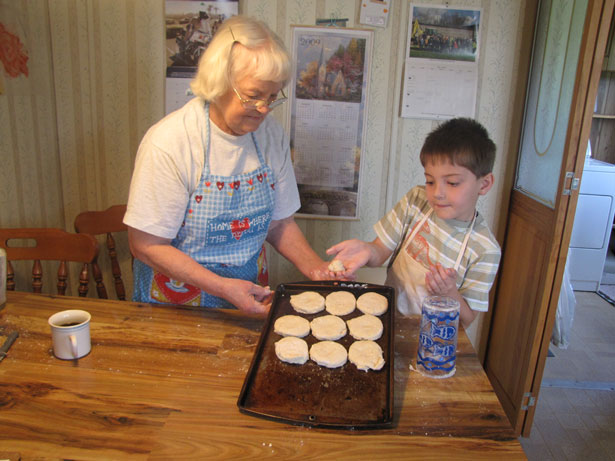

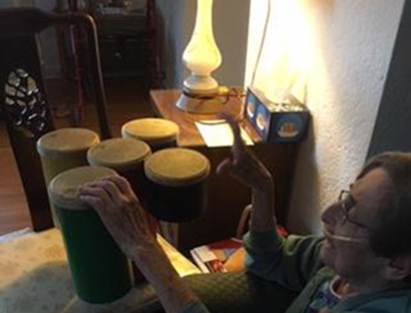





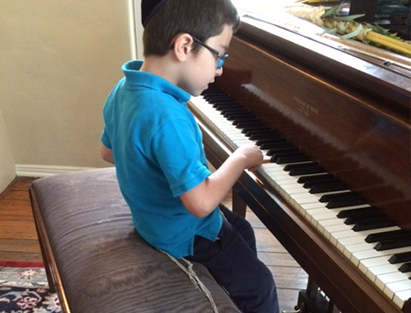
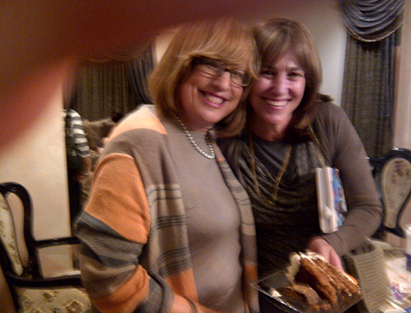


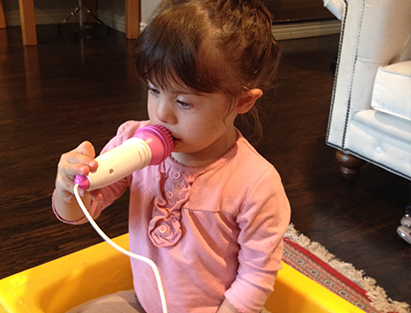

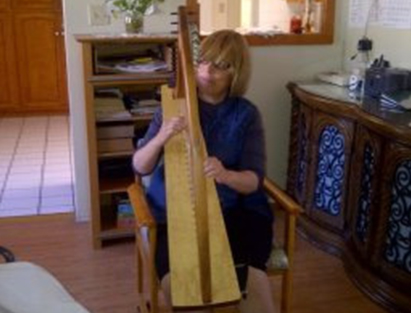


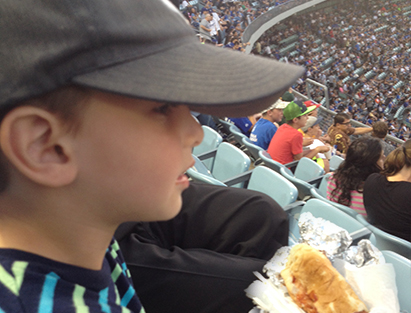
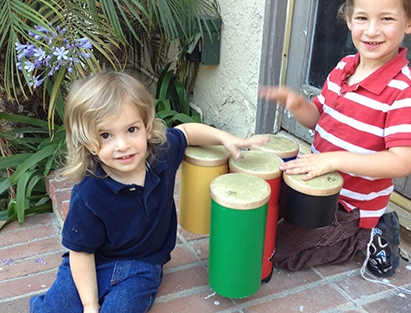

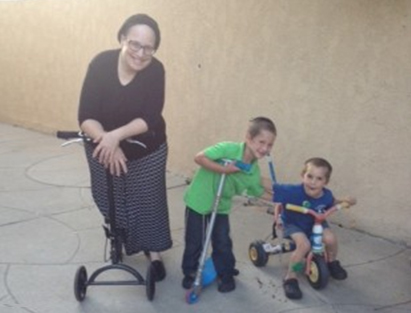
It’s still hard work– my grands are too small to worry about this but dealing with the kids and daughters in laws is challenge enough sometimes!
Yes it’s good to be aware of these issues that could crop up. But usually a basically good relationship can’t be marred by a careless comment once in awhile.